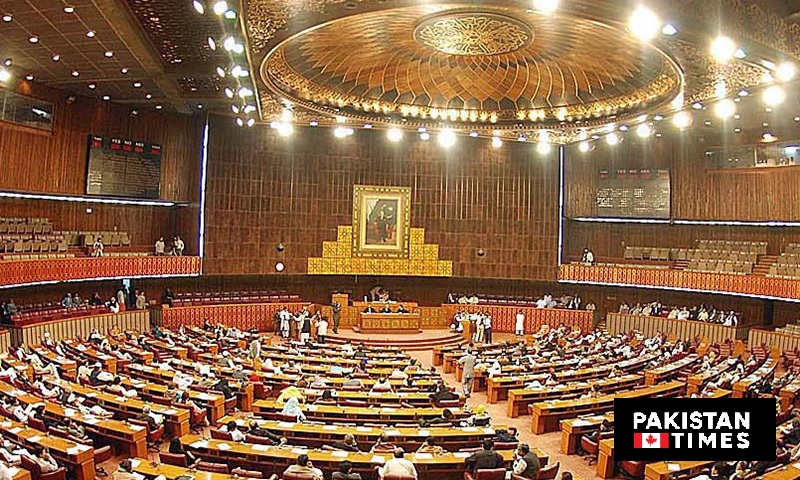Pakistan’s Budget 2024-25 Targets Economic Stability Amid Inflation
Finance Minister Muhammad Aurangzeb, in his inaugural Budget 2024-25 speech, emphasized the necessity of a long-term loan agreement with the International Monetary Fund (IMF) to stabilize Pakistan’s economy. This move aims to address the severe economic challenges facing the nation, despite the urgent need for relief among the inflation-battered populace.
Aurangzeb’s budget presentation in the National Assembly was marked by noisy protests from opposition members of the Pakistan Tehreek-e-Insaf (PTI)-backed Sunni Ittehad Council, who vocally opposed the Finance Bill 2025. The budget is perceived as being meticulously designed to meet IMF requirements to secure the much-needed bailout.
Aurangzeb highlighted the government’s achievements amidst financial and political turbulence. Key projections for the next fiscal year include:
- GDP Growth Rate: Expected to be 3.6%
- Inflation: Predicted to decrease to 12%
- Budget Deficit: 6.9% of GDP
- Primary Surplus: 1% of GDP
The Federal Board of Revenue (FBR) is expected to collect Rs12,970 billion, a 38% increase from the current fiscal year. The federal expenditure is estimated at Rs18,877 billion, with Rs9,775 billion allocated for interest payments. The Public Sector Development Programme (PSDP) for 2024-25 is set at Rs1,500 billion, the largest in history, focusing on infrastructure, transportation, energy, IT, and water resources.
The provinces will receive Rs7,438 billion from the federal tax collection, with a non-revenue target for the federal government set at Rs3,587 billion. The net income for the Centre is projected at Rs9,119 billion.
Aurangzeb underscored the PSDP’s role in national development, allocating 83% of resources to ongoing projects and 17% to new initiatives. Key allocations include:
- Basic Infrastructure: 59% of PSDP funds
- Social Sector: 20% of the developmental budget
- Regions: 10% of funds for Azad Jammu and Kashmir, Gilgit Baltistan, and Khyber Pakhtunkhwa
- IT and Innovation: 11.2% for IT, telecommunications, science and technology, governance, and production sectors
Aurangzeb praised the previous government for securing a short-term standby agreement with the IMF, which he credited for paving the way for economic stability. He assured that inflation, which stood at 12% in May, is on a downward trend, and foreign exchange reserves remain stable.
The 2024-25 budget reflects the government’s commitment to navigating economic challenges and securing international support through the IMF. Aurangzeb called for unity among political parties to leverage this opportunity for economic progress, urging cooperation to put Pakistan on a sustainable growth path.



